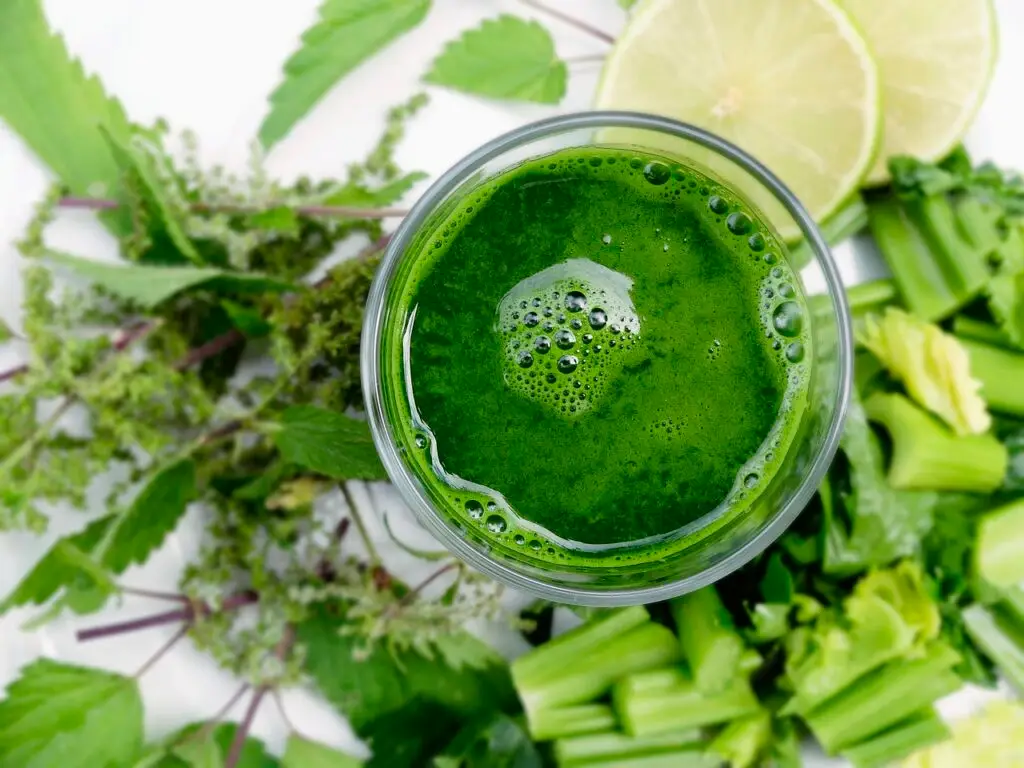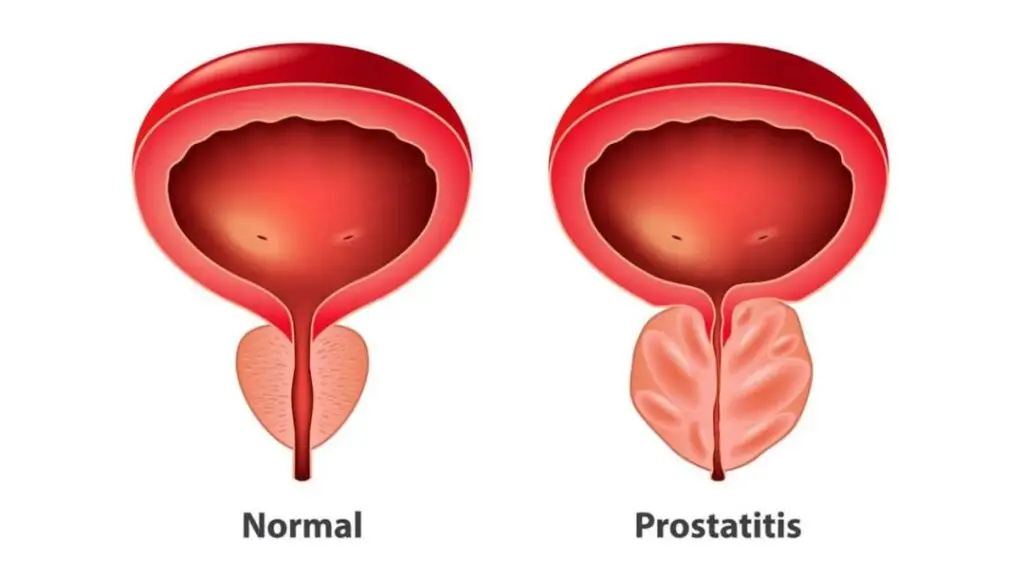Prostate Relief Protocol
Providing nutritional help to maintain healthy prostate and penal erection
This Prostate Relief protocol contains the following food extracts, and minerals Herbs: Ashwagandha Bearberry Leaf Extract (Uva Ursi) , Broccoli Catuaba Extract Powder , Copper Gluconate, Damiana Extract Powder , Fenugreek Ginkgo ,Biloba Extract Hawthorn Berry Horny Goat Weed Kelp - lodine Maca Root Extract Powder, Nettle extract, Oat Straw extract, Oyster Extract Powder, powder Sarsaparilla extract, Saw Palmetto extract, Tongkat Ali extract, Tribulus Terrestris extract, Wild yam extract, Yohimbe extract. Micronutrient: - Calcium, Manganese Gluconate Take about one teaspoon in a smoothie before meals This dietary supplements have not been evaluated by the FDA and are not intended to diagnose, treat, cure, or prevent any disease or health condition. NET WT. 250g)


Managing prostate issues, such as benign prostatic hyperplasia (BPH) or prostatitis, involves a combination of lifestyle changes, dietary adjustments, exercises, and sometimes medical interventions. Here’s a comprehensive protocol to help relieve prostate-related symptoms:
Lifestyle Changes
Regular Physical Activity:
- Engage in regular exercise, such as walking, swimming, or cycling, to improve overall health and reduce prostate-related symptoms.
- Pelvic floor exercises (Kegels) can strengthen the muscles around the prostate and improve urinary control.
Maintain a Healthy Weight:
- Achieve and maintain a healthy weight to reduce the risk of prostate issues. Excess weight can exacerbate symptoms.
Avoid Prolonged Sitting:
- If you have a sedentary job, take regular breaks to stand and move around. Sitting for long periods can increase pressure on the prostate.
Reduce Stress:
- Practice stress-reducing techniques such as meditation, deep breathing exercises, yoga, or tai chi to improve overall well-being.
Dietary Adjustments
Increase Fruit and Vegetable Intake:
- Consume a variety of fruits and vegetables, especially those rich in antioxidants, to reduce inflammation and support prostate health. Foods like tomatoes (rich in lycopene), broccoli, berries, and leafy greens are beneficial.
Limit Red Meat and Dairy:
- Reduce consumption of red meat and high-fat dairy products, which may be linked to an increased risk of prostate problems.
Healthy Fats:
- Include healthy fats in your diet, such as those found in avocados, nuts, seeds, and olive oil. Omega-3 fatty acids found in fish like salmon and mackerel are particularly beneficial.
Adequate Hydration:
- Drink plenty of water throughout the day, but reduce fluid intake in the evening to minimize nighttime trips to the bathroom.
Avoid Irritants:
- Limit consumption of caffeine, alcohol, and spicy foods, which can irritate the bladder and worsen prostate symptoms.
Supplements
Saw Palmetto:
- Commonly used to reduce symptoms of BPH. Consult your healthcare provider before starting any new supplements.
Beta-Sitosterol:
- A plant sterol that may improve urinary symptoms associated with BPH.
Pygeum:
- An extract from the African plum tree that may help reduce BPH symptoms.
Zinc:
- Important for prostate health. Ensure adequate intake through diet or supplements if necessary.
Vitamin D:
- Essential for overall health. Ensure sufficient levels through sun exposure, diet, or supplements.
Medical Interventions
Medications:
- Alpha-blockers (e.g., tamsulosin) can help relax the muscles around the prostate and bladder neck, making it easier to urinate.
- 5-alpha reductase inhibitors (e.g., finasteride) can reduce the size of the prostate.
- Antibiotics may be prescribed if prostatitis is caused by a bacterial infection.
Minimally Invasive Procedures:
- Techniques like transurethral microwave thermotherapy (TUMT) or transurethral needle ablation (TUNA) can reduce prostate size and relieve symptoms.
Surgery:
- In severe cases, surgical options like transurethral resection of the prostate (TURP) or laser therapy may be necessary to remove part of the prostate.
Monitoring and Follow-Up
Regular Check-Ups:
- Schedule regular appointments with your healthcare provider to monitor your prostate health and adjust your management plan as needed.
PSA Testing:
- Prostate-specific antigen (PSA) tests can help monitor prostate health. Discuss the frequency of testing with your healthcare provider.
Self-Care Tips
Bladder Training:
- Practice timed voiding and double voiding (urinating, waiting a few moments, then urinating again) to ensure the bladder empties completely.
Avoid Heavy Lifting:
- Heavy lifting can increase abdominal pressure and worsen symptoms. Use proper techniques and avoid straining.
Warm Baths:
- Soaking in a warm bath can help relax the pelvic muscles and alleviate discomfort.
Example Daily Routine
Morning:
- Start with gentle stretching and pelvic floor exercises.
- Eat a balanced breakfast with fruit, whole grains, and lean protein.
Mid-Morning:
- Stay hydrated with water or herbal tea.
- Take a short walk or engage in light exercise.
Afternoon:
- Have a healthy lunch with plenty of vegetables and healthy fats.
- Continue to stay active and avoid prolonged sitting.
Evening:
- Eat a light dinner and limit fluid intake before bedtime.
- Practice relaxation techniques to reduce stress.
Before Bed:
- Perform bladder training exercises.
- Take any prescribed medications or supplements.
By following this comprehensive protocol and regularly consulting with healthcare professionals, you can effectively manage and relieve prostate-related symptoms, improving your overall quality of life.









